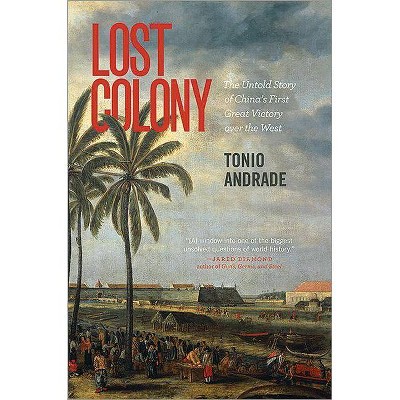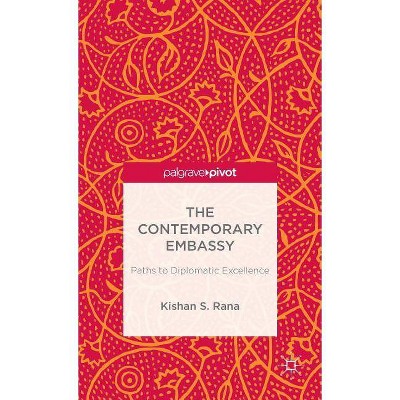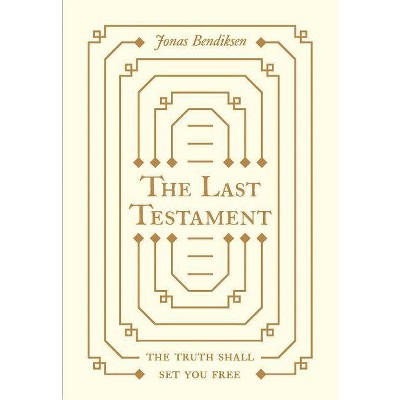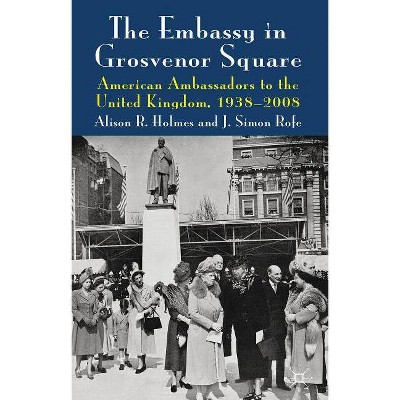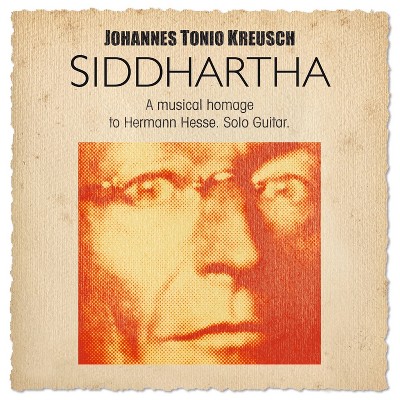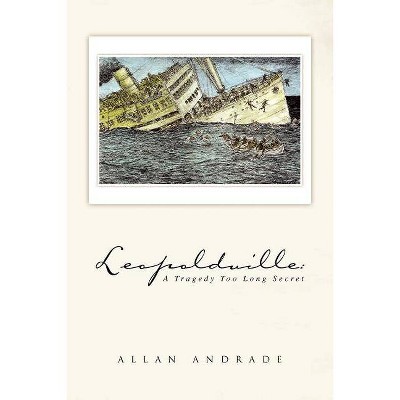The Last Embassy - by Tonio Andrade (Hardcover)
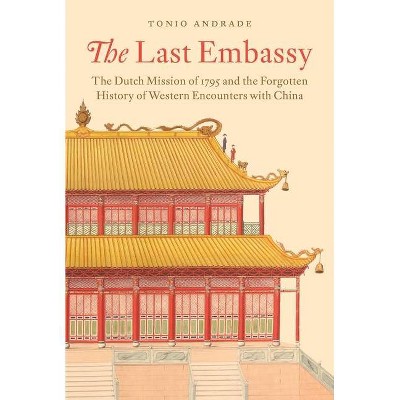
Similar Products
Products of same category from the store
AllProduct info
<p/><br></br><p><b> About the Book </b></p></br></br>"In the typical narrative of modern Sino-European relations, George Macartney's disastrous 1793 mission to China plays a central role. His failure to open China to trade and diplomatic relations with Britain sets the stage for a long and bitter clash of cultures that led to the Opium Wars of the nineteenth century and perhaps even to the mistrust that still pervades relations today. In this book, Tonio Andrade draws on a wealth of neglected archival material to tell a very different story: that of the last European delegation that was ever received in the traditional Chinese court, the Dutch mission of 1794-95"--<p/><br></br><p><b> Book Synopsis </b></p></br></br><p><b>From the acclaimed author of <i>The Gunpowder Age</i>, a book that casts new light on the history of China and the West at the turn of the nineteenth century</b> <p/>George Macartney's disastrous 1793 mission to China plays a central role in the prevailing narrative of modern Sino-European relations. Summarily dismissed by the Qing court, Macartney failed in nearly all of his objectives, perhaps setting the stage for the Opium Wars of the nineteenth century and the mistrust that still marks the relationship today. But not all European encounters with China were disastrous. <i>The Last Embassy</i> tells the story of the Dutch mission of 1795, bringing to light a dramatic but little-known episode that transforms our understanding of the history of China and the West. <p/>Drawing on a wealth of archival material, Tonio Andrade paints a panoramic and multifaceted portrait of an age marked by intrigues and war. China was on the brink of rebellion. In Europe, French armies were invading Holland. Enduring a harrowing voyage, the Dutch mission was to be the last European diplomatic delegation ever received in the traditional Chinese court. Andrade shows how, in contrast to the British emissaries, the Dutch were men with deep knowledge of Asia who respected regional diplomatic norms and were committed to understanding China on its own terms. <p/>Beautifully illustrated with sketches and paintings by Chinese and European artists, <i>The Last Embassy</i> suggests that the Qing court, often mischaracterized as arrogant and narrow-minded, was in fact open, flexible, curious, and cosmopolitan.</p><p/><br></br><p><b> Review Quotes </b></p></br></br><br>An animated account.<b>---Peter Neville-Hadley, <i>South China Morning Post Magazine</i></b><br><br>One of the best academic studies in terms of both scholarship and writing-style I have read in ten years or more. . . . [A]n accessible, exciting, and illuminating book, written with consummate verve and enthusiasm.<b>---John Butler, <i>Asian Review of Books</i></b><br><p/><br></br><p><b> About the Author </b></p></br></br><b>Tonio Andrade</b> is professor of Chinese and global history at Emory University. His books include <i>The Gunpowder Age: China, Military Innovation, and the Rise of the West in World History</i> (Princeton), <i>Lost Colony: The Untold Story of China's First Great Victory over the West</i> (Princeton), and <i>How Taiwan Became Chinese: Dutch, Spanish, and Han Colonization in the Seventeenth Century</i>. He lives in Decatur, Georgia.
Price History
Price Archive shows prices from various stores, lets you see history and find the cheapest. There is no actual sale on the website. For all support, inquiry and suggestion messagescommunication@pricearchive.us
